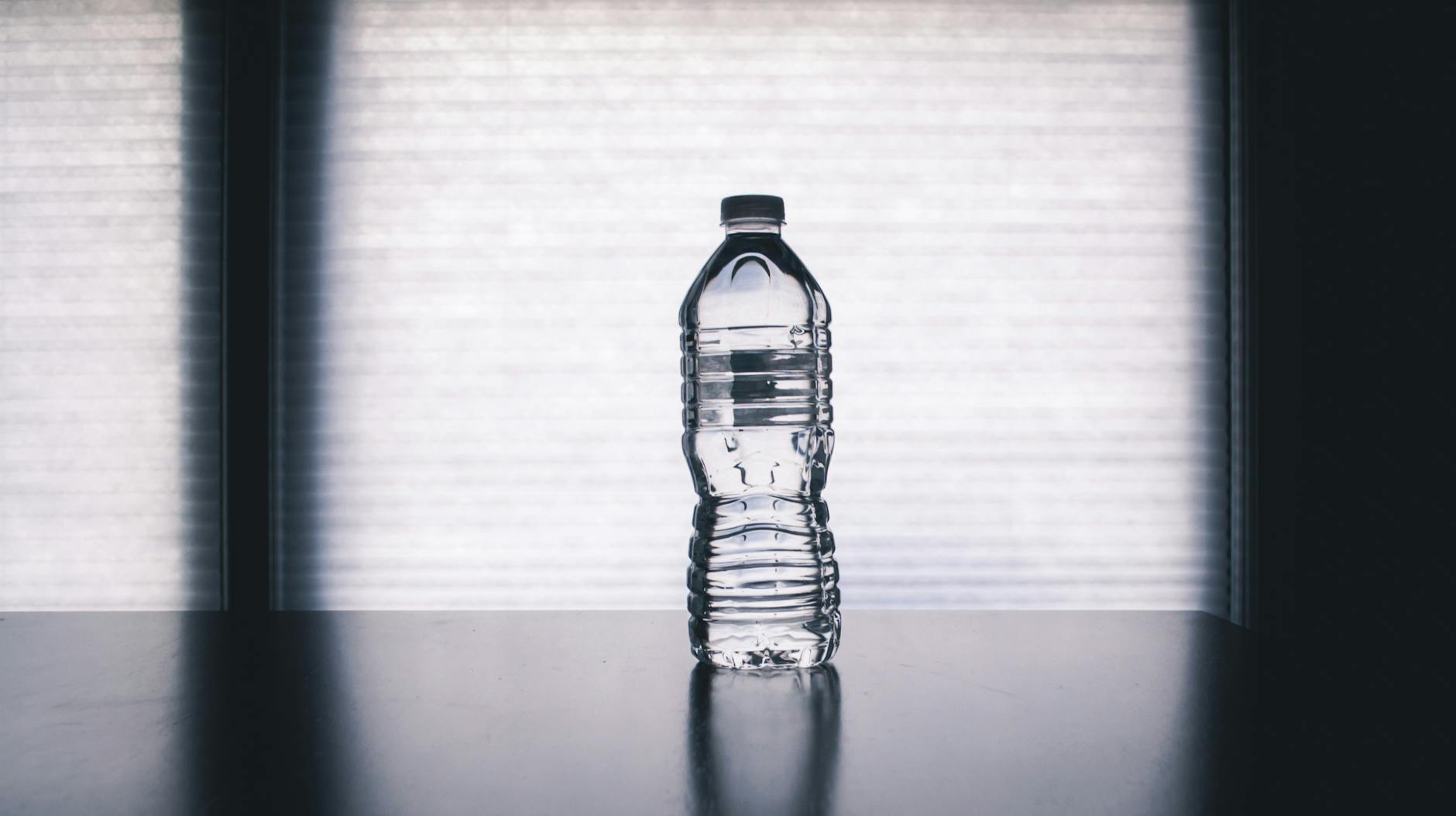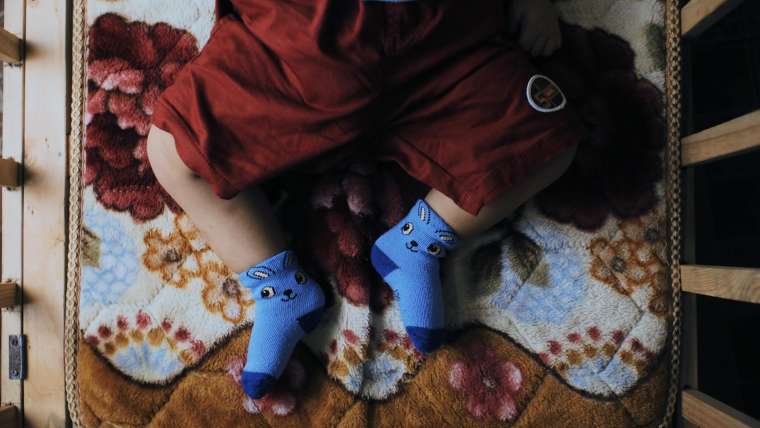Discover the surprising diet tips that can help you beat kidney stones for good. Say goodbye to painful procedures!
Table of Contents
- Introduction to Kidney Stones
- Understanding How Diet Affects Kidney Stones
- The Foods to Embrace
- The Foods to Avoid
- Hydration: A Liquid Asset
- Apple Cider Vinegar: A Sour Solution?
- Little Rays of Sunshine: Vitamin D
- Beware of Unfriendly Foods
- Creating a Kidney-Friendly Diet Plan
- Monitoring Your Progress
- When to See a Doctor
- Conclusion: Embarking on a Stone-Free Journey
- FAQs about Kidney Stones and Diet
Introduction to Kidney Stones
Kidney stones are like tiny rocks that can form in your kidneys. They are made up of salts and minerals that stick together in your urine. These stones can be very painful and can cause problems in your body. Let’s learn more about what kidney stones are and how they can affect us.
Imagine your kidneys as filters in your body that help remove waste and extra water to make urine. Sometimes, when there is too much of certain substances like calcium, oxalate, and uric acid in your urine, they can clump together and form a stone. These stones can vary in size, with some being as small as a grain of sand and others as big as a marble.
When these stones move through your urinary tract, they can cause a lot of pain and discomfort. The journey of passing a kidney stone can feel like a bumpy ride with sharp turns and twists. It’s essential to understand how to prevent them and what can help if you get them. Let’s explore more about kidney stones and how we can keep our kidneys healthy!
Understanding How Diet Affects Kidney Stones
When it comes to kidney stones, what we eat plays a significant role in preventing or managing them. Kidney stones are hard deposits that form in the kidneys and can cause pain and discomfort. By making the right dietary choices, we can help reduce the risk of developing kidney stones.
Exploring the Link Between Diet and Kidney Stones
The foods we consume can either contribute to the formation of kidney stones or help prevent them. Diets high in certain nutrients like calcium, oxalate, and salt can increase the likelihood of developing kidney stones. On the other hand, consuming foods rich in magnesium and staying adequately hydrated can protect against kidney stone formation.
Magnesium-Rich Foods
Magnesium is a crucial mineral that can help prevent kidney stones. Foods such as dark leafy greens, nuts, seeds, and whole grains are excellent sources of magnesium. Including these foods in your diet can aid in reducing the risk of kidney stone formation.
The Foods to Embrace
When it comes to preventing kidney stones, magnesium-rich foods can be your best friend. Magnesium is a mineral that plays a crucial role in preventing the formation of kidney stones. Some foods that are excellent sources of magnesium include nuts, seeds, whole grains, and leafy green vegetables like spinach and kale.

Image courtesy of www.nm.org via Google Images
By incorporating these magnesium-rich foods into your diet, you can help reduce the risk of developing kidney stones. Magnesium works by binding to oxalate, a substance that can contribute to the formation of stones, and helps prevent them from clumping together.
The Foods to Avoid
When dealing with kidney stones, following a BRAT diet (bananas, rice, applesauce, and toast) may not be the best choice. While this diet is often recommended for individuals with upset stomachs, it lacks the essential nutrients necessary for preventing kidney stones.
BRAT foods are low in magnesium, which is crucial for combating kidney stones. Magnesium helps to prevent the formation of crystals in the kidneys that can lead to painful stones. So, sticking solely to the BRAT diet may not provide your body with the nutrients it needs to keep kidney stones at bay.
Instead of solely relying on BRAT foods, it’s essential to include a variety of magnesium-rich foods in your diet to help reduce the risk of developing kidney stones. By incorporating foods like nuts, seeds, whole grains, and leafy greens, you can ensure your body is getting an ample supply of magnesium to support kidney health.
Hydration: A Liquid Asset
Welcome back, young readers! Today, we’re going to talk about one of the simplest yet most essential things you can do to keep kidney stones at bay: staying hydrated!

Image courtesy of www.linkedin.com via Google Images
The Importance of Hydration
Imagine your body is like a washing machine that needs water to keep everything running smoothly. When you drink enough water, you’re helping to flush out toxins and waste that can build up and form kidney stones. By staying hydrated, you’re giving your kidneys the best chance to do their job properly and prevent those pesky stones from forming.
How Much Water Do You Need?
The best way to know if you’re drinking enough water is to pay attention to the color of your pee. If it’s pale yellow or almost clear, that’s a good sign that you’re well-hydrated. On the other hand, if it’s dark yellow, it might be a sign that you need to drink more water.
As an 11-year-old, aim to drink around 6-8 cups of water each day. You can also get water from juices, fruits, and veggies, so don’t worry if you’re not a fan of plain water!
Make Hydration Fun!
If drinking water feels boring to you, try adding some sliced fruits like lemons, berries, or cucumbers to make it more exciting. You can also use fun water bottles or cups with your favorite characters on them to make hydration feel like a special treat.
Remember, staying hydrated is like giving your kidneys a high-five and helping them keep kidney stones away. So grab that water bottle and drink up!
Apple Cider Vinegar: A Sour Solution?
Have you ever heard of apple cider vinegar? It may sound sour, but some people believe it has sweet benefits, especially when it comes to kidney stones. Let’s take a closer look at whether apple cider vinegar can be a helpful solution for this pesky problem.
Benefits of Apple Cider Vinegar
Apple cider vinegar is made from crushed apples that are fermented into a liquid. It contains acetic acid, which is thought to help dissolve kidney stones and prevent their formation. Some people drink diluted apple cider vinegar to help break down these hard deposits in the kidneys.
While scientific studies are still ongoing to prove the effectiveness of apple cider vinegar for kidney stones, some people swear by its benefits. It’s essential to consult with a doctor before trying this remedy to ensure it’s safe for you.
Little Rays of Sunshine: Vitamin D
Vitamin D is like a little ray of sunshine that your body needs to stay strong and healthy. It’s important for lots of things, including preventing kidney stones. Let’s find out why!
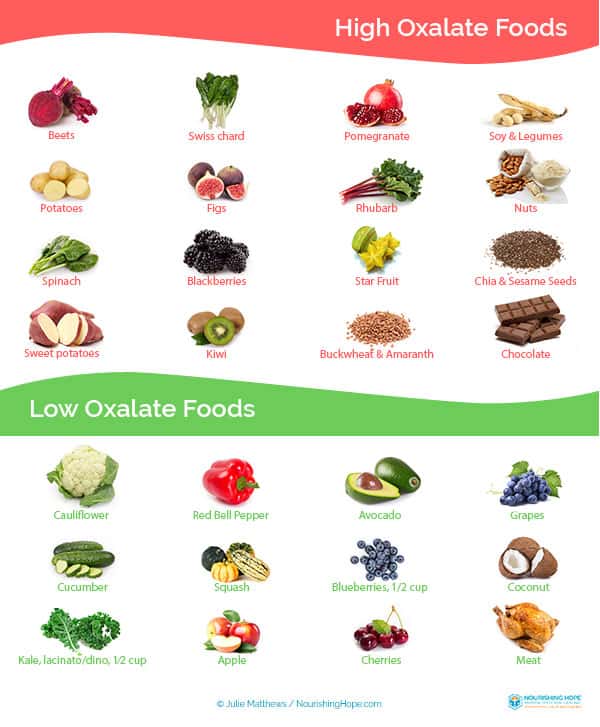
Image courtesy of nourishinghope.com via Google Images
Avoiding Vitamin D Deficiency
If you don’t get enough Vitamin D, it can lead to all sorts of problems, like weaker bones and even kidney stones. So, how can you make sure you’re getting plenty of this important vitamin?
One easy way to get Vitamin D is by spending time outside in the sun. Just be sure to wear sunscreen to protect your skin. You can also find Vitamin D in foods like fatty fish, egg yolks, and fortified cereals. Including these foods in your diet can help you keep your Vitamin D levels in check and reduce your risk of kidney stones.
Beware of Unfriendly Foods
When it comes to dealing with kidney stones, it’s essential to be mindful of what you eat. Certain foods that are not friendly to kidney stones can also harm those with stomach ulcers. This double whammy can make things more complicated for your health. Here are some foods you should steer clear of if you have kidney stones and ulcers:
- Caffeine: Coffee, tea, and sodas containing caffeine can be harsh on both kidney stones and ulcers. They can irritate your stomach lining and may even contribute to the formation of kidney stones.
- Salty Foods: Potato chips, pretzels, and other salty snacks should be consumed in moderation. Too much salt can lead to calcium build-up in your kidneys, which can result in the formation of stones.
- High Oxalate Foods: Foods like spinach, beet greens, and rhubarb are high in oxalates, which can bind with calcium in your urine and form kidney stones. Avoiding these foods can help prevent stone formation.
- Spicy Foods: While some people enjoy a bit of heat in their meals, spicy foods can worsen stomach ulcers and irritate the lining of your digestive system. It’s best to limit your intake of spicy foods if you have kidney stones and ulcers.
By steering clear of these unfriendly foods, you can better manage your kidney stones and ulcers. Remember, a balanced diet rich in kidney-friendly foods and low in harmful substances can go a long way in keeping your kidneys healthy and happy.
Creating a Kidney-Friendly Diet Plan
When it comes to preventing kidney stones, having a kidney-friendly diet plan is key. By making smart food choices, you can help reduce your risk of developing painful kidney stones.
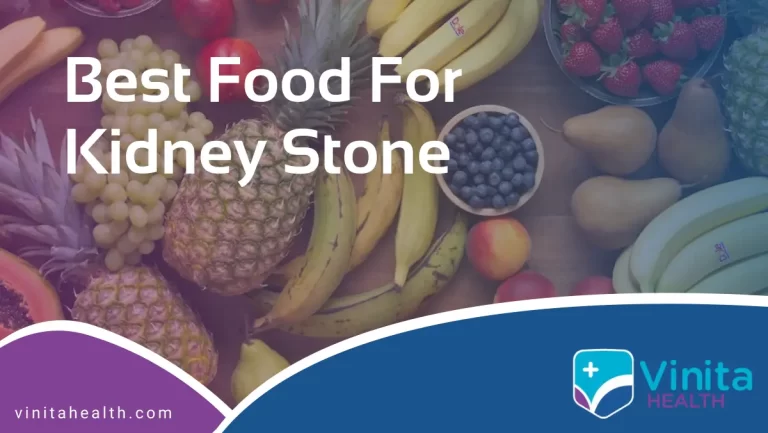
Image courtesy of vinitahealth.com via Google Images
Magnesium-Rich Foods
One essential nutrient that can be beneficial in preventing kidney stones is magnesium. Foods like spinach, almonds, cashews, and whole grains are excellent sources of magnesium. Including these foods in your daily meals can help keep your kidneys healthy and reduce the chances of forming stones.
Why BRAT is Not Good
While the BRAT diet (bananas, rice, applesauce, and toast) is often recommended for gastrointestinal issues, it may not be the best choice for preventing kidney stones. This diet lacks essential nutrients like magnesium, which are important for keeping your kidneys functioning properly. Instead, opt for a well-rounded diet that includes a variety of fruits, vegetables, whole grains, and lean proteins.
Monitoring Your Progress
Now that you’ve made changes to your diet to help prevent kidney stones, it’s essential to monitor how you’re doing. Keeping track of your progress can help you see if the changes you’ve made are working effectively.
Track Your Symptoms
One way to monitor your progress is to keep a journal of any symptoms you experience related to kidney stones. If you notice any pain, changes in urine color, or other discomfort, make a note of it. This information can help you and your healthcare provider assess how well your new diet plan is working.
| Food Item | Benefits |
|---|---|
| Water | Flushes out toxins and prevents the formation of kidney stones |
| Leafy Greens | Rich in calcium and may help prevent the formation of kidney stones |
| Citrus Fruits | Rich in citrate that may help prevent kidney stones from forming |
| Whole Grains | Rich in fiber and may help reduce the risk of kidney stones |
| Low-fat Dairy | Good source of calcium and may help prevent the formation of kidney stones |
Stay Consistent
Consistency is key when it comes to preventing kidney stones. Make sure you are following your new diet plan regularly and are not slipping back into old habits. By staying consistent, you give your body the best chance to benefit from the changes you’ve made.
Regular Check-Ups
It’s also crucial to see your healthcare provider regularly for check-ups. They can monitor your kidney health and help you adjust your diet plan if needed. Regular visits to the doctor can catch any issues early and prevent kidney stones from forming or getting worse.
By monitoring your progress, staying consistent with your new diet plan, and seeing your healthcare provider regularly, you can take proactive steps to keep kidney stones at bay and maintain good kidney health.
When to See a Doctor
If you are experiencing severe pain in your back or side that comes and goes, you may have kidney stones. In this case, it’s essential to see a doctor to get the right diagnosis and treatment.
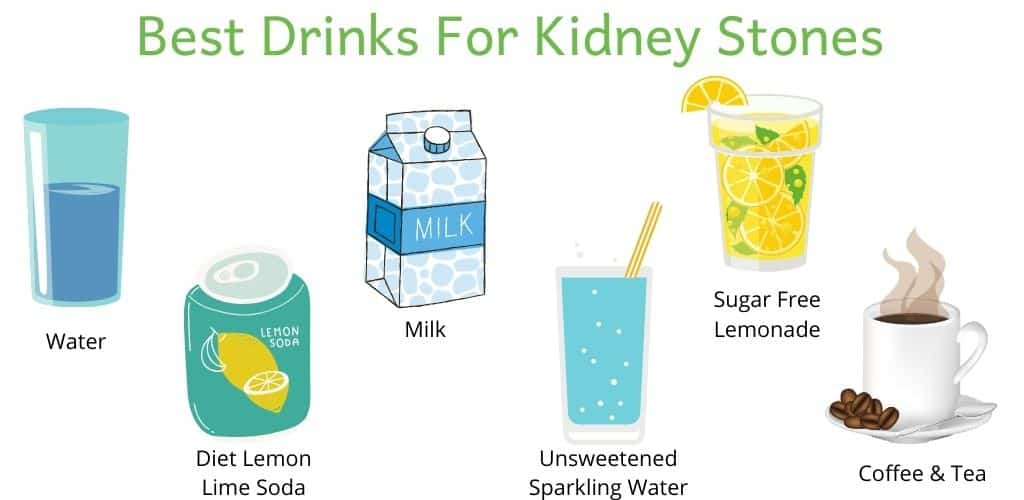
Image courtesy of www.thekidneydietitian.org via Google Images
Signs to Watch Out For
If you notice blood in your urine, feel a constant need to urinate, or have trouble passing urine, these could be signs of kidney stones. It’s crucial to seek medical help if you experience any of these symptoms.
Seeking Professional Help
When kidney stones cause unbearable pain that doesn’t go away, it’s time to consult a healthcare provider. They can perform tests to confirm if you have kidney stones and recommend the best course of action.
Conclusion: Embarking on a Stone-Free Journey
Embarking on a journey towards a stone-free life is a fantastic goal to have. By making small changes in your diet and lifestyle, you can significantly reduce the risk of developing kidney stones. Remember, prevention is always better than cure!
Takeaway Points
1. Eating foods rich in magnesium can be beneficial in preventing kidney stones. So, make sure to include plenty of nuts, seeds, and leafy greens in your meals.
2. Avoid following a strict BRAT diet if you are prone to kidney stones, as it may not provide all the nutrients your body needs to stay healthy.
3. Stay hydrated by drinking an adequate amount of water throughout the day. Water is the best liquid asset for keeping kidney stones at bay.
4. Apple cider vinegar may have some benefits for kidney stones, but make sure to consult with a healthcare professional before adding it to your diet.
5. Don’t forget to get enough Vitamin D to maintain healthy bones and prevent kidney stones. Exposure to sunlight and including Vitamin D-rich foods can help you achieve this.
6. Be cautious of foods that can trigger both kidney stones and stomach ulcers. It’s essential to steer clear of these harmful foods for your overall health.
Stay Committed
Remember, creating a kidney-friendly diet plan and monitoring your progress are vital steps in your stone-free journey. Consistency is key, so stay committed to your new healthy lifestyle!
And if you ever feel unsure or notice any concerning symptoms, don’t hesitate to seek help from a healthcare professional. Your well-being is essential, and they are there to support you on your path to wellness.
By incorporating these tips and making informed choices about your diet and lifestyle, you can successfully beat kidney stones and enjoy a healthier, happier life. Here’s to your stone-free journey ahead!
FAQs about Kidney Stones and Diet
What are kidney stones?
Kidney stones are solid deposits that form in the kidneys when there is a high concentration of certain substances in the urine.
Can my diet prevent kidney stones?
Yes, the foods you eat can play a crucial role in either preventing or triggering the formation of kidney stones.
What foods should I eat to help prevent kidney stones?
Foods rich in magnesium, such as nuts, seeds, and leafy greens, can be beneficial in preventing kidney stones.
Why is the BRAT diet not good for kidney stones?
The BRAT diet, which consists of bananas, rice, applesauce, and toast, lacks the necessary nutrients and may not be effective in preventing kidney stones.
Is apple cider vinegar helpful for kidney stones?
Some people believe that apple cider vinegar may help dissolve kidney stones, but it’s essential to consult a healthcare professional before trying home remedies.
How does Vitamin D play a role in preventing kidney stones?
Vitamin D is essential for calcium absorption, and maintaining adequate levels can help prevent the formation of kidney stones.
What foods should I avoid if I have kidney stones?
Foods high in oxalates, such as spinach and chocolate, should be consumed in moderation to avoid exacerbating kidney stone formation.
How can I create a kidney-friendly diet plan?
Consulting with a healthcare provider or a dietitian can help you create a personalized diet plan tailored to prevent kidney stones based on your individual needs.
How can I monitor the impact of my diet on my kidney stones?
Keeping a food diary and noting any changes in your symptoms can help you track the effects of your diet on kidney stone prevention.
When should I see a doctor about my kidney stones?
If you experience severe pain, blood in your urine, or frequent urinary tract infections, it’s essential to seek medical attention promptly.

